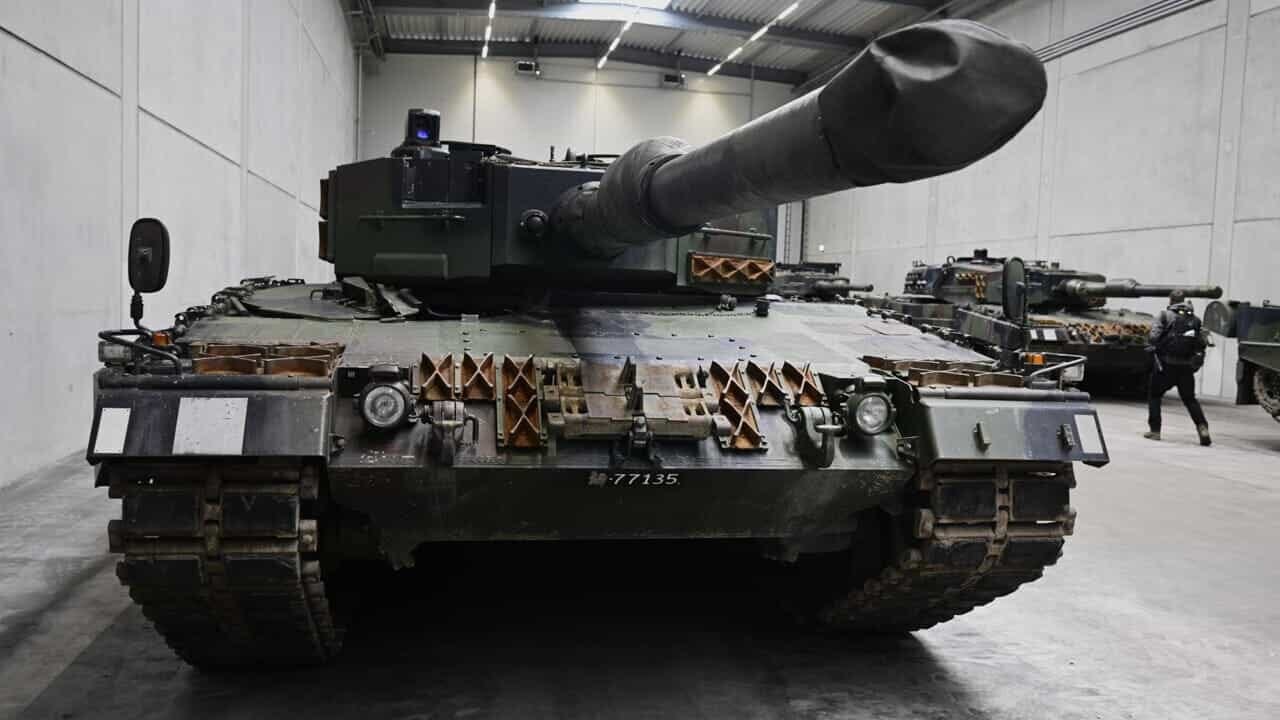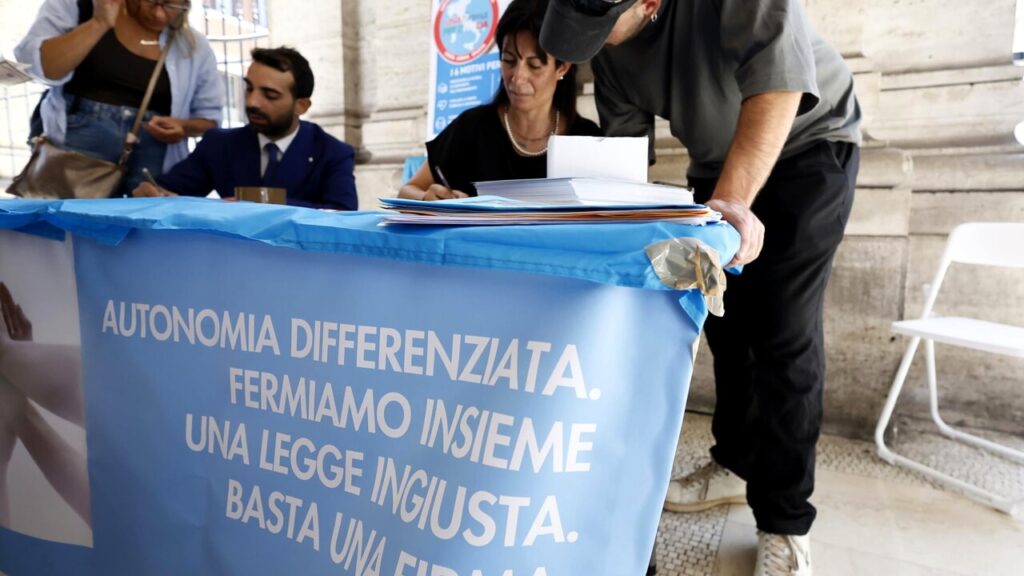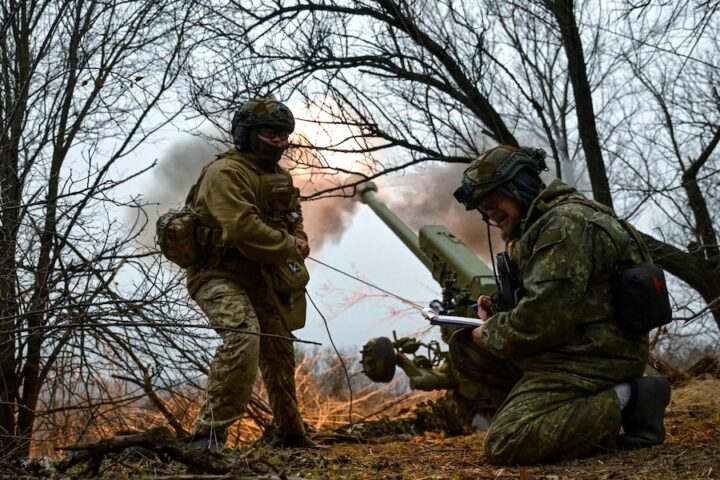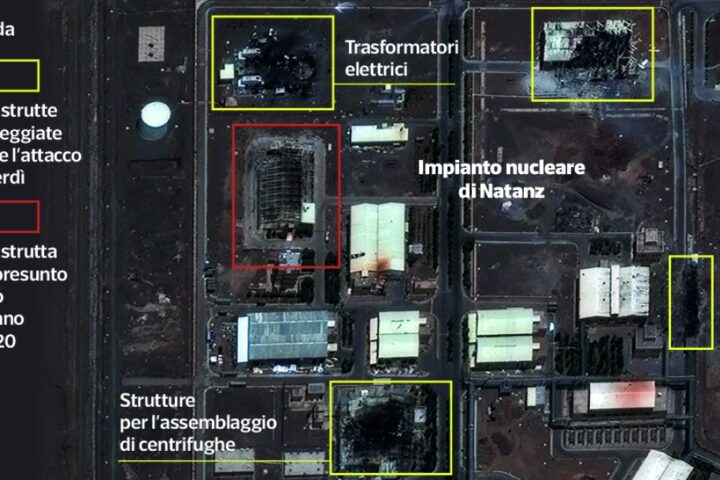Brussels is considering the creation of a fund to collect €500 billion to be spent over the next decade on the defence sector
The European Union is developing a plan to establish a multi-billion-euro fund to support the bloc’s defence expenditures over the next ten years. At the European Council meeting last June, leaders of the 27 member states tasked the Commission with exploring ways to secure the necessary funding for arms purchases within Europe.
“We estimate that additional defence investments of around €500 billion will be required over the next decade,” stated Ursula von der Leyen, President of the European Commission. The German leader explained that the EU budget includes nearly €11 billion that could be supplemented with an additional €11 billion from the European Peace Facility. However, these sums are minor compared to the scale of the needs.
“We need to do more,” von der Leyen declared, adding that several options were on the table. These included increasing national contributions or issuing common debt securities, but both proposals faced resistance from frugal countries, as well as neutral states or those unwilling to shoulder such commitments.
The Plan
According to the Financial Times, senior EU officials are seeking a compromise solution, possibly involving the creation of a defence fund. This fund would issue bonds backed by national guarantees from participating countries rather than the EU as a whole. The funding model, open to non-EU states like the United Kingdom and Norway, is reportedly gaining traction among key member states.
As reported by the prestigious British financial newspaper, Brussels has explored a range of methods to finance additional projects, and the intergovernmental fund has emerged as the most ambitious option under consideration. Discussions have also taken place with the UK, although London has not yet committed to participating. A senior British official familiar with the initiative welcomed the idea as an “encouraging” sign of determination.
How would it work?
The European Investment Bank (EIB) would be asked to play a technical role, helping to manage a project company (SPV) and overseeing treasury functions. While the EIB would assist in handling national guarantees and perform administrative functions on capital markets, it would not directly finance weapons investments due to its current lending policies.
Unlike past proposals for issuing “Eurobonds” for defence, which faced opposition from frugal states, participation in the fund would be voluntary and open to non-EU countries. As an intergovernmental agreement, the plan would not be subject to EU restrictions on using common funds for military purposes. Additionally, militarily neutral member states such as Austria, Malta, Ireland, and Cyprus could choose not to participate without needing to veto the proposal.
Countries like the Netherlands, Finland, and Denmark reportedly favour the idea, while Germany’s position remains uncertain and may depend on the outcome of February’s federal elections. Greek Prime Minister Kyriakos Mitsotakis, who supported Eurobonds for defence earlier this year, noted a shift in sentiment among EU leaders.
Changing dynamics
Initially met with a “lukewarm” reception, Mitsotakis now senses a “renewed sense of urgency” in light of European security challenges and the return of Donald Trump to power. “There is growing consensus on the need to spend more on defence, and perhaps the time has come to establish a joint European mechanism to finance projects of common interest,” he stated.
“Germany and France would obviously benefit from increased European defence spending,” Mitsotakis remarked, adding that Italy and Spain, as “major players” in the sector, could also gain from the initiative. Polish Deputy Finance Minister Pawel Karbownik echoed this sentiment, telling the Financial Times that “Europe has no other choice” but to increase defence investments. “We must be able to defend ourselves in the worst-case scenario,” he said.
Kubilius’ plan
Andrius Kubilius, the EU’s new Defence Commissioner, has been tasked with presenting financing options in a white paper due within 100 days of the new Commission’s inauguration. During a hearing with European Parliament members, he suggested that common spending, provided as loans to member states, could be “advanced” and later repaid once members meet NATO’s target of spending 2% of their GDP on defence.
“If we can convince and agree with member states to organize an advance of funds,” Kubilius told the European Parliament in Brussels, the loan would be “repaid through future national defence expenditures.”








